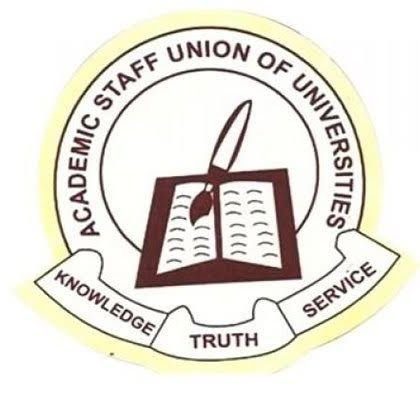President Muhammadu Buhari, has directed the Minister for Education, Adamu Adamu to bring a solution to the prolonged strike by the Academic Staff Union of Universities (ASUU), and give him a report in two weeks.
Following the prolonged industrial action by ASUU,
The President gave the directives at the Presidential Villa on Tuesday during a meeting with relevant government Ministries, Agencies, and Departments (MDAs.
At the meeting the President received briefings on the current face-off with the university unions since February 14, among other issues.
According to our sources, the President’s interest in ensuring that the strike comes to an end has been expressed. President Buhari placed a high premium on the issue of resolving the lingering ASUU strike.
In attendance at the meeting were some government officials such as Chris Ngige, Zainab Ahmed, Ben Akabueze, Adamu Adamu, and Isa Pantami.
Besides the directive to the education minister, the President has instructed the Minister of Labour and Employment, Chris Ngige, as well as the Secretary to the Government of the Federation, Boss Mustapha, must be in attendance in all the meetings to speedily resolve the crisis.
Those present at the meeting include Adamu, Ngige, and Mustapha, as well as the Minister of Finance, Budget and National Planning, Zainab Ahmed; the Minister of Communications and Digital Economy, Isa Pantami; the Head of Service of the Federation, Folashade Yemi-Esan; the Chairman of National Salaries Income and Wages Commission, Ekpo Nta; and the Director-General Budget Office, Ben Akabueze.
President Buhari’s directive comes a week after he told the striking university lecturers that ‘enough is enough’ and should as a matter of responsibility reconsider their position on the prolonged strike with a view to calling it off.
ASUU commenced a nationwide strike on February 14 over the adoption of the Integrated Personnel Payroll Information System (IPPIS) of the government as the payment system in the university sector.
Members had also decried the poor funding of universities, non-payment of salaries and allowances of some of their colleagues, as well as the inability of the government to pay earned academic allowance to lecturers, among other issues.
Since the industrial action began, several negotiations between the union and the government have ended in deadlock.


















